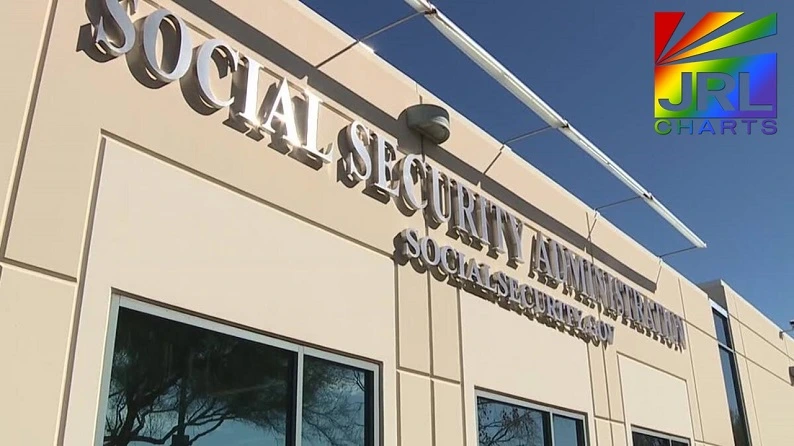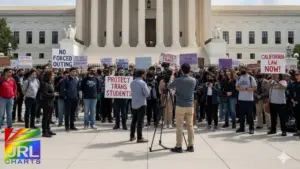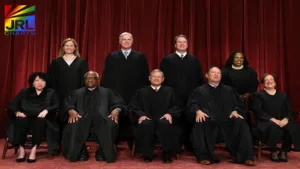By: Paul Goldberg, Senior Editor | JRL CHARTS – LGBT Politics
WASHINGTON, D.C. — (June 7, 2025) — The Supreme Court on Friday delivered a double win for the Department of Government Efficiency (DOGE), strengthening the agency’s legal authority in its ongoing efforts to reshape the federal bureaucracy.
In two emergency rulings, the Supreme Court lifted a Maryland judge’s block on DOGE’s access to sensitive Social Security Administration (SSA) data and overturned a lower court’s discovery order in a FOIA records lawsuit. These decisions came along ideological lines, with the three Democratic-appointed justices dissenting.
The rulings follow President Trump’s public split with billionaire Elon Musk—DOGE’s figurehead for months—though the administration remains firmly behind the agency’s mission..
Social Security Access
The Supreme Court lifted a block imposed by U.S. District Judge Ellen Hollander. She had limited DOGE’s access to redacted SSA data. Moreover, she emphasized that while DOGE’s mission to streamline government wasn’t in dispute, how they approached that work needed better oversight.
Justice Ketanji Brown Jackson, joined by Justice Sonia Sotomayor, dissented. They argued that the administration had not met the high bar for emergency relief. In addition, they warned that the court treated DOGE’s request as if it were routine.
“The Court is thereby, unfortunately, suggesting that what would be an extraordinary request for everyone else is nothing more than an ordinary day on the docket for this Administration,” wrote Justice Jackson.
Justice Elena Kagan also dissented, although she did not join the written opinion.
DOGE had argued that the lower court’s order would hamper efforts to modernize government and eliminate fraud. Furthermore, Solicitor General D. John Sauer said the block fit into a pattern of nationwide injunctions that slow the agency’s mission..
FOIA Records Lawsuit
In the second ruling, the Supreme Court overturned a discovery order in a Freedom of Information Act (FOIA) case. That case sought to determine whether DOGE should be considered a government agency and therefore be subject to public records laws.
U.S. District Judge Christopher Cooper had ordered DOGE to release internal recommendations to federal agencies and required a deposition from acting DOGE Administrator Amy Gleason.
The Supreme Court said the order was too broad and raised concerns about separation of powers. It cautioned against giving courts too much oversight over internal Executive Branch communications.
Once again, the three Democratic-appointed justices dissented, though they did not offer an explanation.
Conclusion
These rulings cement DOGE’s ability to operate largely in secrecy, fueling new debates about privacy, transparency, and the Trump administration’s efforts to remake federal agencies.
RELATED LINKS:
• JRL CHARTS – LGBT Politics
• JRL CHARTS – LGBT News
• JRL CHARTS – Gay Adult News
Stay tuned to JRL CHARTS LGBT Politics for comprehensive coverage of these pivotal Supreme Court rulings and their impact on federal oversight and LGBTQ+ rights.
- LGBTQ Corporate Participation Plunges 65% in 2026 as DEI Retreat Reshapes Business Landscape - February 22, 2026
- Forbidden Fruits (2026) Ignites Buzz With Sapphic Undertones and Witchy Mall Cult Drama - February 21, 2026
- Trump Targets Netflix Board Member Susan Rice After ‘Take a Knee’ Remarks Spark Political Firestorm - February 21, 2026
// Affiliate Disclosure: JRL CHARTS is a digital news and media platform. We do not host, stream, or sell adult content. Some outbound links may contain affiliate tracking to licensed studio-owned platforms (e.g., LatinBoyz, AEBN, BiLatin Men). These links lead to legal, age-gated distributors and are provided strictly for editorial and informational purposes only.







